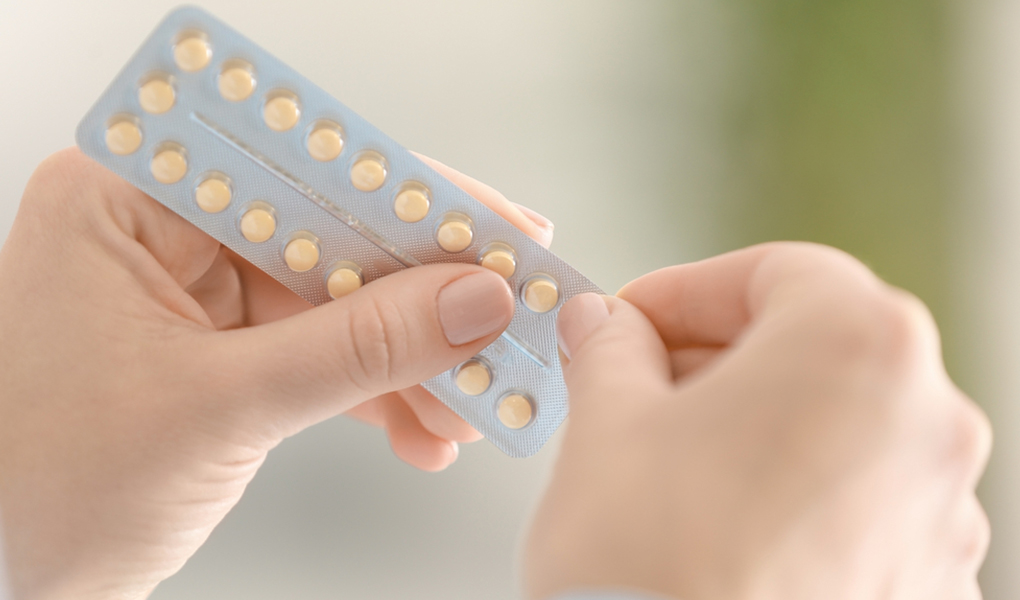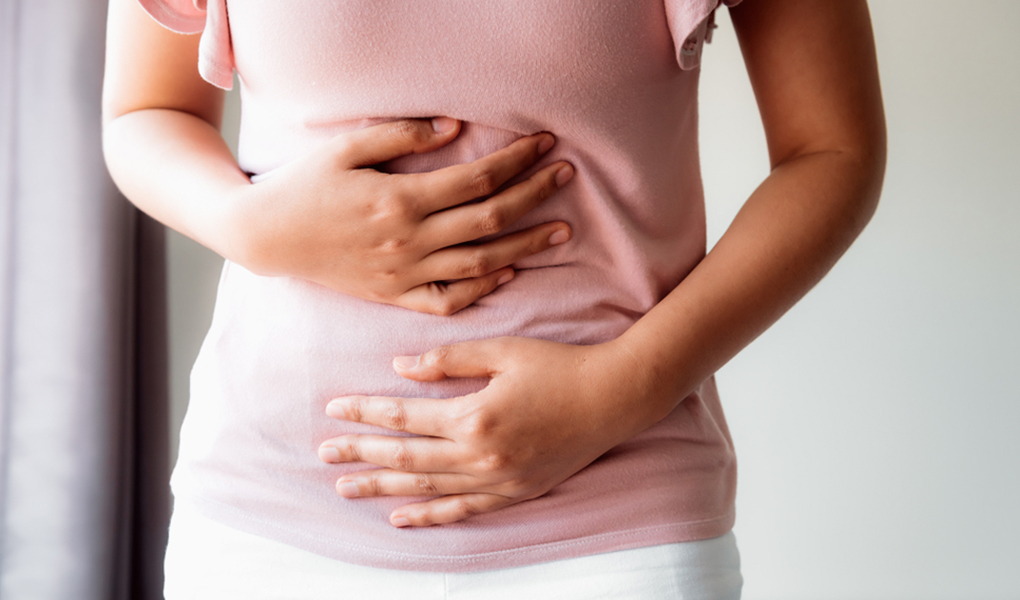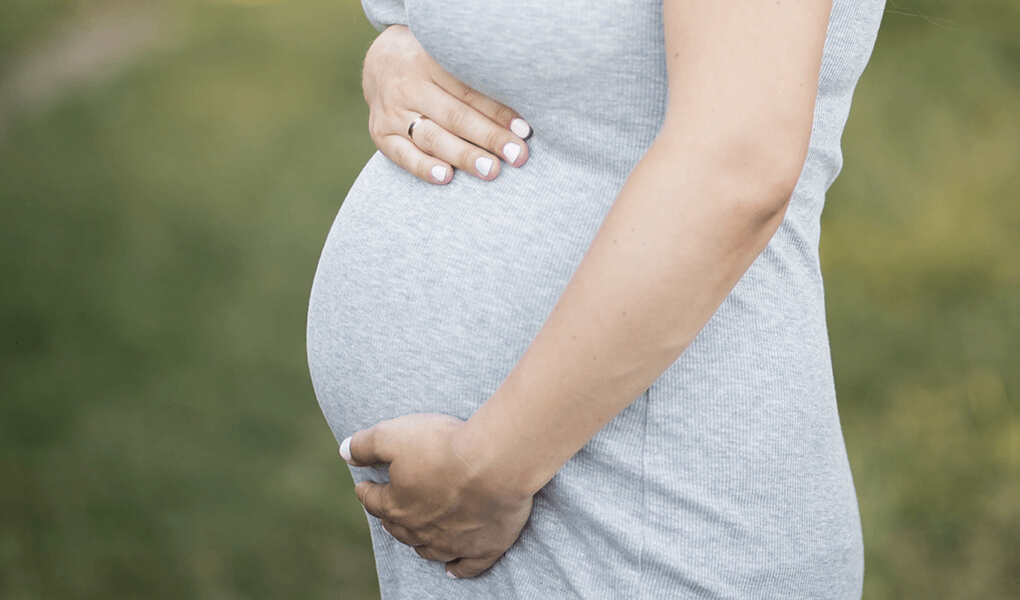What is Birth Control (Contraceptive) Pills and How They Should be Used?
Birth Control or contraceptive pills are used by woman to prevent pregnancy. They are taken orally and when they used correctly it prevents pregnancy 99.9%. However, they do not offer any protection against sexually transmitted diseases (STDs)
What is Birth Control (Contraceptive) Pills?
In the simplest form to define contraceptive pills we can say, birth control pills are orally taken pills to prevent pregnancy. Use of contraceptive pills are an effective way of preventing pregnancy if used correctly. But, what does birth control pills do? Contraceptive pills is a hormone-based protection against pregnancy. Those pills are also used to treat, irregular menstruation, heavy menstruation, endometriosis, acne and variety of complaints pre-menstruation. Birth control pills restrain ovulation and thickening of intra-uterine membrane. In this way, as there is no ovulation even if ovulation occurs as the intra-uterine membrane is not thick enough, pregnancy does not occur.
Kind of Contraceptive Pills
In the market there are variety of birth control pills available with different features. But all of them includes synthetic forms of oestrogen and/or progesterone. Synthetic progesterone is called progestin. Contraceptive pills can be categorized under two headings, combine oral contraceptives and mini pill. Combine birth control pills includes progestin and oestrogen. Mini pill on the other hand only includes progestin. Combine contraceptive pills can be obtained in two different forms, these are monophasic and phasic. Monophasic contraceptive pills include same amount of both hormones. However, on phasic birth control pills each pill on the pack has different hormone balances and therefore every month you would consume two or three different pill types.
How to use Birth Control Pills?
There is different form of combine contraceptive pills available on the market. There are packs of 21, 28 or 91 pills. But, how should we use birth control pills? Packages with 28 pills should be used daily and 7 of those pills do not contain any active ingredient. Packs with 91 pills, should also be taken daily. Some of those pills include less dosages of oestrogen. For the daily packs that includes 21 pills after each package, you should stop taking contraceptive pills for 7 days then start a new pack. You should be cautions about taking the pills orderly even if you have menstruation. As you will be taking the medication daily, use of packages that includes 28 or 91 pills are easier to be in control. Also, contraceptive pills that contain progestin are only seen on packages that has 28 pills and all pills contain same dosage. As on the combine pills, those pills should be taken at the same time every day. For the pills that has no active ingredient or on the period that you do not take any medication (for the packs with 21 pills) regression bleeding is seen. Only contraceptive pills that contain progestin you will not have regular bleedings. On this type of medication, you may experience irregular bleeding and spotting at the beginning of the treatment.
For those who are looking for the answer of when you should be taking birth control pills, should consult to their gynaecologist first. Your doctor will inform you on when you should be taking the contraceptive pills. Along with this, you should generally start oral contraceptive pills on the 5th contraceptive your menstruation. On some cases, you may start the medication on the first contraceptive your menstruation. Couples generally wonders on when contraceptive pills start becoming active in the metabolism, if the female partner starts taking birth control pills and uses it regularly, contraceptive pills start protecting on the same day. Some people search up the answer of if the contraceptive pills is taken after the sex, if you are not using the contraceptive pills regularly taking the medication after will not have any protective effects. Pills that are taken after the sex are called “day after pills” these are pills that have different features.
What are the Side Effects of Birth Control Pills?
For many birth control pills are safe to use, however there are some side effects and risks. Birth control pills have those common side effects.
- Decreased sexual desire
- Nausea
- Bleeding or spotting between periods
- Tenderness in the breasts
- Vaginal discharge
- Weight gain
- Headaches and migraines
- Emotional changes
Those side effects may disappear after few months. If the side effects continue, you may change to a different birth control pills with the advice of your doctor.
Advantages and Disadvantages of Birth Control Pills
There are many advantages of birth control pills. Some of those advantages are listed below;
- Offers 24/7 protection.
- Has high efficiency. Offers much higher protection against pregnancy, compared to other methods.
- Helps on having regular menstruation. This can help preventing irregular and heavy menstruations.
- Effects are temporary. Therefore, when you stop taking the medication your body can turn back to its normal condition.
Combine medications also protects you against;
- Acne
- Ectopic pregnancy
- Osteoclasia
- Cancer-free breast masses
- Uterine and ovarian cancer
- Anaemia
- Heavy bleeding periods
- Severe menstrual cramps
Mini pill medications that contain progesterone only can be used in different condition, therefore they can be reason for preference. Those pills are an alternative for those people;
1. Those who cannot tolerate estrogenic therapy
2. Smokers
3. Those who are over the age of 35
4. Those at risk of blood clotting
5. Breast-feeding mothers
6. Those who are overweight
Birth control pills have disadvantages along with the advantages. Those pills do not offer any protection against sexually transmitted diseases. To be able to protect yourself from infections you should use condom along with daily taken pills. Pills must be taken every day. It is important to have any pack ready before you run out. Because risk of pregnancy is higher when you miss out a cycle or if you do not take pills accordingly.
Is Birth Control Pills Harmful?
The most important negative features of birth control pills and specially combine oral contraceptive pills that they increase the risk of blood clotting. Harm of the birth control pills is depended on the clotting risk. Increase in blood clotting can cause those medical issues;
- Deep vein thrombosis
- Heart Attack
- Stroke
- Lung embolism
Generally, out of 1000 women less the 1 woman, may have risk of blood clotting risk after using the medication for a year. Pregnant women also have the same risk of blood clotting after they give birth is higher. Women in the risk group are;
- Those who are overweight
- Hypertension patients
- Those who had long-term bed rest
- Smokers
- Those who are over the age of 35
Natural hormones such as oestrogen may increase the risk of cancer. Therefore, those who are using hormone-based birth control pills may experience similar affects. Those who have been using contraceptive pills from a young age, may have higher chance of developing breast, cervical and liver cancer compared with normal population.
For more detailed information on pregnancy, IVF, infertility and birth control, you can call us from +90 444 39 49.










Be the first to comment